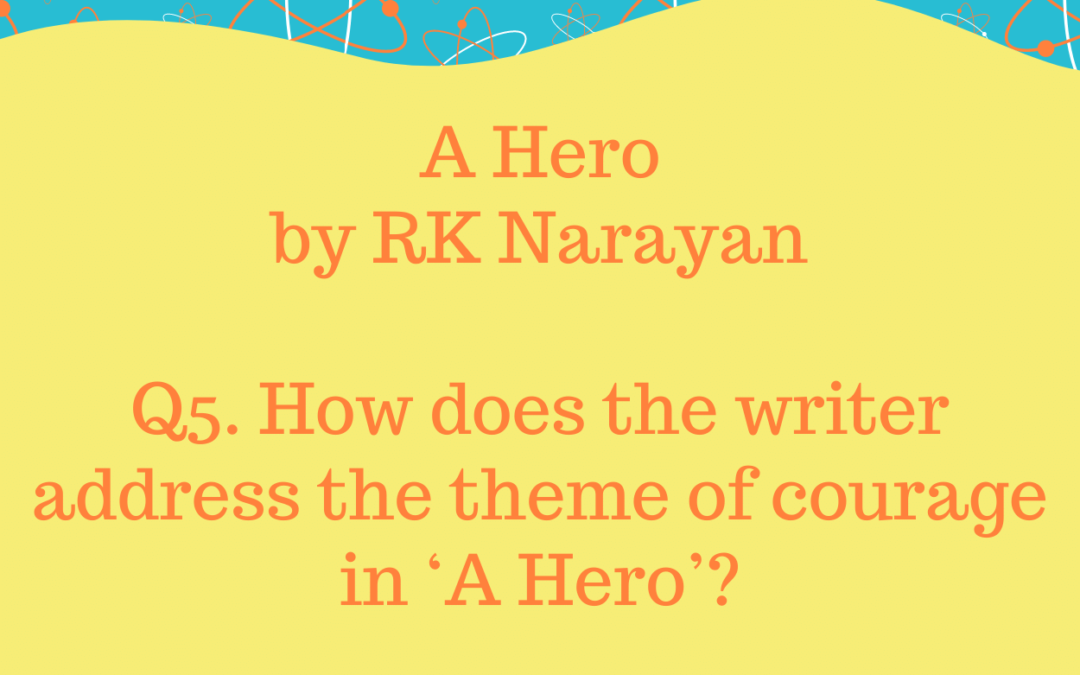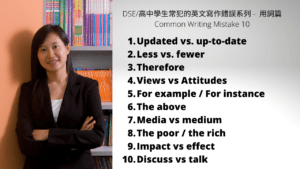Edexcel English IGCSE: A Hero by R.K Narayan
Q5. How does the writer address the theme of courage in ‘A Hero’?
In your answer, you should write about:
- Swami’s attitudes at the beginning and end of the story
- the attitudes of Swami’s family
- Swami’s experience in the office at night
- the writer’s use of words, phrases and techniques.
You should refer closely to the text to support your answer. You may use brief quotations.
Edexcel English IGCSE Model Essay by an Expert
This story questions traditional approaches to courage. Swami apparently displays courage by attacking the intruder, but this action was based in fear.
At the beginning of the story, Father and Swami debate the meaning and significance of the concept of courage. Father believes it to be very important, as expressed in the simple phrase, “Courage is everything”. He seems to speak in maxims, suggesting that he is offering a traditional view of courage: “A man may have the strength of an elephant and yet be a coward”. However, Swami challenges this view, taking a more practical approach to the issue. He states that courage is irrelevant if someone does not have the strength to fight their opponent. Unable to argue directly with Swami’s position, Father subsequently sets Swami a challenge to test his courage: to sleep alone in the office, rather than by his granny’s side.
It is questionable whether Swami truly displayed courage during his experience in the office. The writer uses a number of language techniques to display Swami’s fear in the office, particularly when he realises that there is an intruder. A series of short sentences create an impression of breathless panic as he witnesses the intruder. Hyperbolic language in phrases such as “His end had come,” shows the extent of Swami’s fear; he is so frightened that he believes he will die. Swami’s fear challenges the idea that he is able to show courage by sleeping in the office. When he attacks the intruder, he does so not from courage, but from the belief that the intruder was a demon who was going to kill him. Using a rhetorical question, the writer shows Swami’s justification for the attack: that he felt that he was going to die anyway, so would rather not wait.
At the end of the story, Swami’s ‘courage’ is questioned by the fact that he remains terrified of sleeping in the office. After attacking the burglar, Swami is praised for his actions. However, the reader can see that he is clearly uninterested by his new status as a courageous hero, through the writer’s failure to mention Swami’s reactions to the praise, beyond his muted “politeness” to the police. Instead, Swami finishes the story “under the blanket” and is “tremendously relieved” that Father will allow him to sleep where he wants. This child-like image shows that Swami has not gained courage from the event, and remains fearful of sleeping away from Granny.
Through this experience, neither Swami nor his father is proved correct. Despite his lack of strength, Swami overcomes a fully-grown burglar, suggesting that his strength is not important. However, Father’s view is not correct either, since Swami does not truly display courage.




